|
In the digital age, we are plagued by "fake news", hypersensitivity, and the anti-science movement. Skepticism is more important than ever. As a life coach, I help students develop curiosity, purpose, skills and interests that no one else has. After all, the road to success isn't paved with numbers (GPA, SAT, APs, etc.) -- it's paved with verbs! Which is why, last week, I asked one of my students to write a short paper about why it's healthy to be a vegan -- and a short paper about why it's unhealthy to be a vegan. The takeaways were supposed to be: 1) Cool new information about nutrition, a topic she'd expressed interest in. 2) Learning about motivated reasoning. Regardless of the truth, you can Google anything and find evidence to support what you want to believe. Overall, the exercise was successful. There was one identical fact that appeared in both papers, but with completely opposite conclusions -- as well as "facts" that contradicted each other completely. One paper said vegans were healthy because they ate fewer artificial flavors and ingredients, and more fruits and vegetables. The other said vegans were unhealthy because their foods contain artificial ingredients, including "fake meat". I was like, "High five! You nailed it!" But, I realized, veganism is complicated. It's not "yes healthy" or "no not healthy." There is legitimate, conflicting evidence on both sides. So I wanted to push the point further. "What is something you KNOW -- FOR SURE -- to be true?" I asked. "Hmm... I know that 1+1=2." "Are you sure? Google it." Sure enough, two of the top four results indicated that 1+1 does NOT equal 2: "That's your homework for next week," I told her. "Prove to me that 1+1 does NOT equal 2." Yes, clearly she could just Google the proofs. That's fine. As long as, by next week, she could write out and explain every part of her proof to me, I don't care if she gets a little help from the Internet. "If you get stuck, or there are parts of the problem you don't understand, ask your math teacher for help," I continued. "It's a great way to get to know each other outside of the homework assignments -- and that's important, because she's going to be writing your recommendations next year." (As I wrote in The Two Biggest Mistakes Students Make on Their College and High School Applications, top schools require amazing recommendations. If you can't prove that you engage deeply with your teachers, what's the point of admitting you to a school with world-class teachers and a great student:teacher ratio?) Here's the proof she ended up using: Let a = 1 and b = 1. Therefore a = b, by substitution. If two numbers are equal, then their squares are equal, too: a^2 = b^2 Now subtract b^2 from both sides: a^2 - b^2 = 0 Now the left side of the equation is "the difference of two squares", and can be factored into: (a-b)*(a+b) = 0 Since you have an equation, you can divide both sides by the same thing. So: (a-b)*(a+b) / (a-b) = 0/(a-b) On the left side, (a-b)/(a-b) simplifies to 1, and the right simplifies to 0. So: 1*(a+b) = 0 Since 1* X = X: (a+b) = 0 But a = 1 and b = 1, so... 1 + 1 = 0, or 2 = 0 Divide both sides by 2, and you get: 1 = 0 Add 1 to both sides, and: 1 + 1 = 1. In fact, according to Math Forum, "You can prove that 47 = -3 or anything else you want. But of course you know that is wrong." Why? You can also "prove" that 1 = 2, that 2 = 1, and a host of other conclusions. Of course, each of these proofs has some small error in them (in the example, 0 was divided by (a - b), and that can't happen)... but otherwise, everything checks out. This matters, because we live in a world of fake news -- sometimes published be people with a political agenda (Hi, Russia!), sometimes pushed by people who are trying to make money (Hi, Gwyneth Paltrow!), sometimes frantically shared by people with strong emotions but little understanding of an issue (Hi, anti-vaxxers!). It's more important than ever to understand the importance of skepticism. Moreover, today's institutions of higher learning are rapidly coming to represent a smaller and smaller set of political and social values. According to psychologist Jonathan Haidt, today's college students are exposed to fewer and less provocative ideas than students of 2014. This isn't just bad from an educational standpoint. According to the article: When you're working with a diverse group of colleagues and competitors, you have a built-in system of checks and balances. You always have someone asking tough questions at lab meeting or looking over your shoulder to make sure you're doing solid work, with a solid methodology. This is why scientists and mathematicians don't publish papers without having peers review their work. One small mistake could result in decades of fear mongering and misinformation. And it's not as though science reporting is helping. In case you missed John Oliver's amazing take on this: I even had a student successfully apply to Stanford this year with an essay about science writing, because his message was to important and compelling to ignore. Not only that, though: the Wall Street Journal recently published Exclusive Test Data: Many Colleges Fail to Improve Critical Thinking Skills. This analysis found that at least a third of college seniors were unable to make a cohesive argument, assess the quality of evidence in a document or interpret data in a table. For the sake of being a "good" scientific reporter, I'll point out a few important details, here:
Correspondingly, employers have begun complaining that new graduates are not ready for the workplace -- and the number one reasons are below proficient critical thinking and writing skills. THAT IS WHY I force my students to prove that 1 + 1 = 1. THAT IS WHY I often ask them to write the same paper twice -- but arguing opposite perspectives. THAT IS WHY I believe that if a student is going to read ONE book before starting college, it should be The Righteous Mind: Why Good People are Divided by Politics and Religion, by moral psychologist and New York University Stern School of Business Professor Jonathan Haidt. Students need to learn critical thinking skills. They need to learn how to tell which information is true, and which methodologies are bunk. They need to learn how to adopt a perspective other than their own. They need to learn about logical fallacies, such as the Red Herring, the Straw Man, ad hominems (Hi, Evergreen State College!), the availability heuristic, and the confirmation bias. Honestly, I would even be in favor of getting rid of Calculus and focusing ruthlessly on Statistics, which is much more useful to a much larger proportion of students. But that's a story for another day. Not only because it is one of the best ways to stand out to teachers, professors, and hiring managers. Not only because it will prevent dangerous or hasty policies. But because the quest for truth depends on it. *** Want to learn more? Check out:
3 Comments
Brad
7/11/2017 03:38:23 pm
Just in case there's any confusion, you are correct when you say "in the example, 0 was divided by (a - b), and that can't happen", but the reason isn't about the 0 you wrote explicitly; it's about the 0 you wrote implicitly in the form (a-b).
Reply
Leave a Reply. |
AuthorEva Glasrud completed her B.A. and M.A. at Stanford. She is now a college counselor and life coach for gifted youth. Archives
October 2022
Categories
All
|
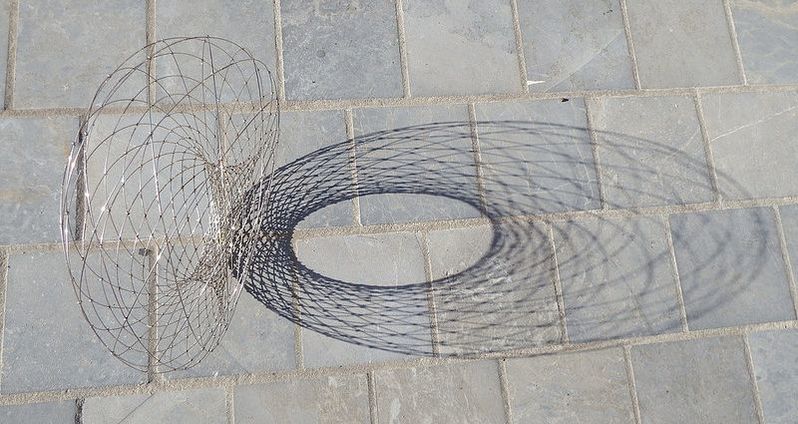
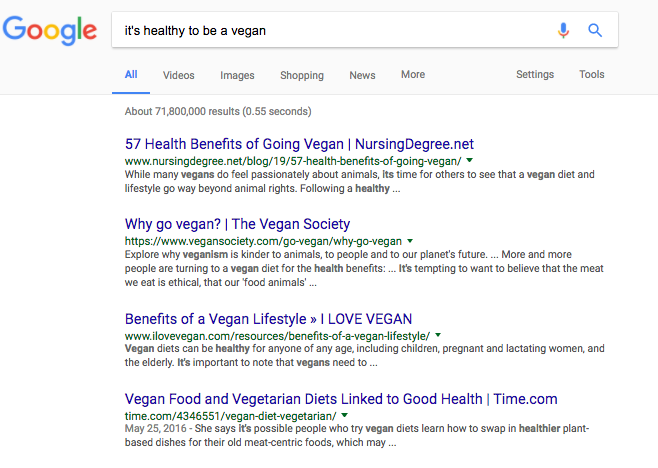
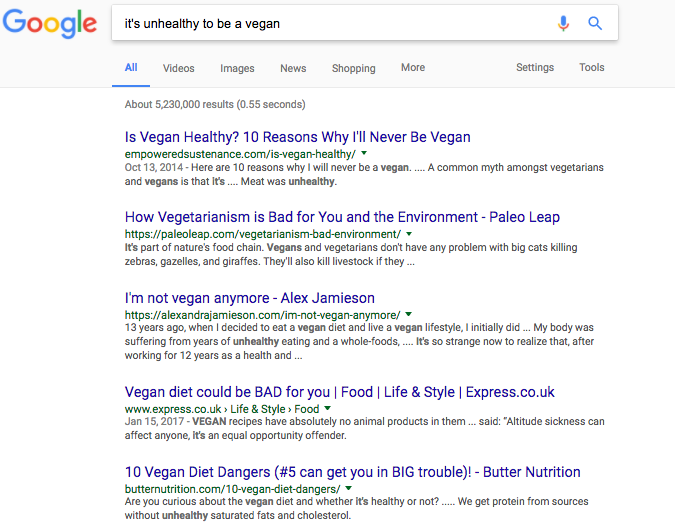
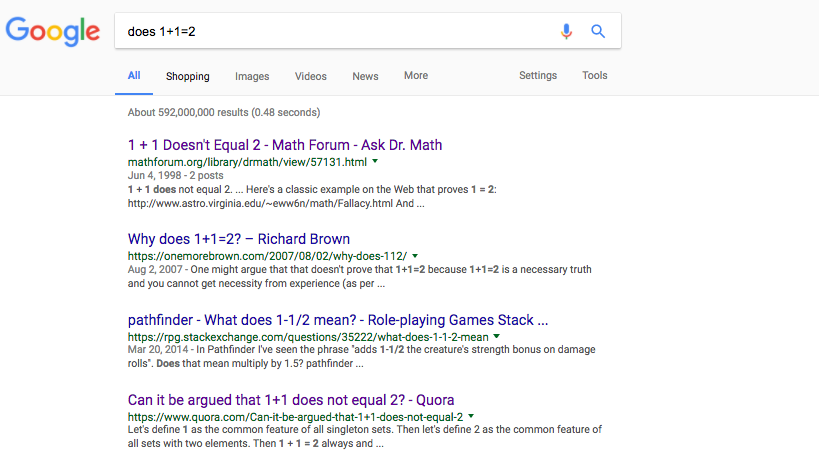
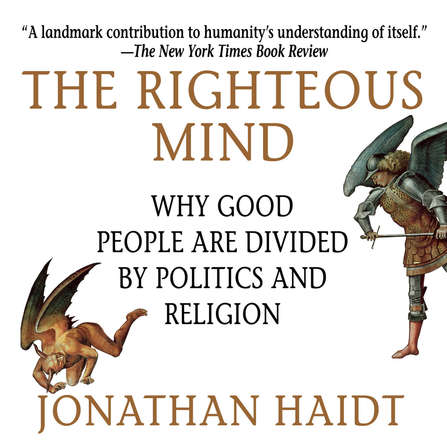
 RSS Feed
RSS Feed